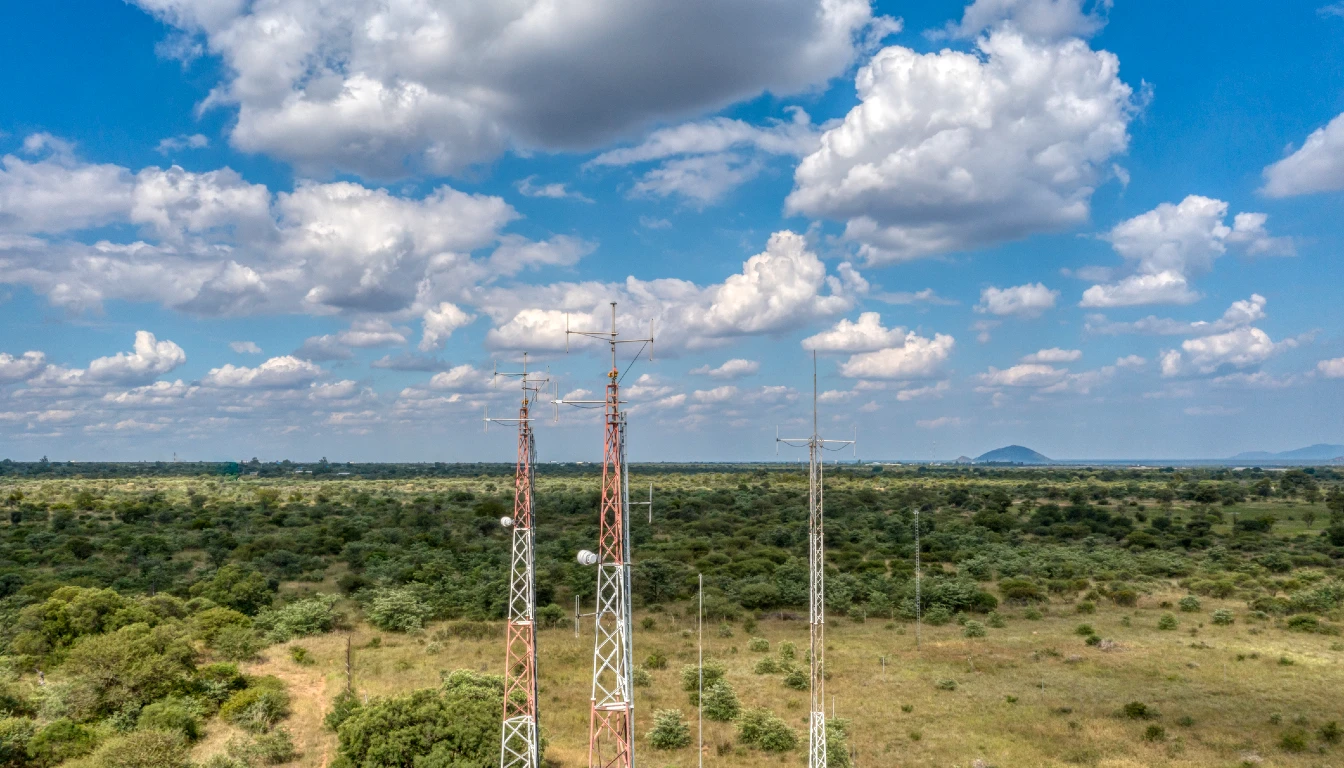A GSMA report highlights the impact of AI solutions in addressing infrastructure challenges in Africa, focusing on agriculture, energy access, and climate action. The need for robust data infrastructure and digital skills is emphasised, alongside insights on mycelium composites as a sustainable building material.
The GSMA report, “AI for Africa: Use cases delivering impact,” identifies mobile-enabled edge computing as an effective solution for addressing critical infrastructure challenges in Africa. Funded by the UK Foreign, Commonwealth and Development Office (FCDO), it is based on existing research and interviews with leaders across various sectors. The report highlights over 90 AI applications specifically noteworthy in Kenya, Nigeria, and South Africa. These applications primarily focus on agriculture (49%), climate action (26%), and energy (24%).
Today, Africa represents just 2.5% of the global Artificial Intelligence (AI) market, but emerging applications could boost the continent’s economic growth by $2.9 trillion by 2030 according to AI4D Africa.
Agriculture and AI Integration
In Sub-Saharan Africa, agriculture employs 52% of the workforce and contributes 17% to GDP. Most AI use cases in this sector offer digital advisory services via mobile devices, assisting smallholder farmers who produce up to 80% of the region’s food.
Energy Access and AI
AI solutions are addressing Africa’s significant energy challenges, where half the population lacks electricity. Applications like predictive maintenance and smart energy management are enhancing both on-grid and off-grid energy systems, essential for increasing connectivity and AI application usage.
Climate Action through AI
Despite contributing less than 3% to global CO2 emissions, Africa suffers disproportionately from climate change. AI-enabled early warning systems and natural resource management applications, utilizing remote sensing and satellite imagery, are improving disaster forecasting and biodiversity monitoring.
Infrastructure and Skill Challenges
The GSMA report emphasizes the need for robust data infrastructure and increased digital skills. Currently, Africa faces a shortage of data centers and high costs for AI hardware. Solutions include leveraging mobile-first markets and developing edge computing capabilities on mobile devices. By 2030, smartphone penetration is expected to reach 88%, enhancing AI deployment.
The Role of Mycelium Composites
Separately, a Life Cycle Assessment study by the University of Bristol explores the environmental viability of mycelium composites, a sustainable building material. While promising, the study indicates high electricity consumption and a limited lifespan as potential drawbacks. Suggested solutions include energy-efficient equipment and using low-nutritional biomass to mitigate environmental impacts.
These findings underscore the importance of tailored, sustainable solutions for African development, integrating both technological and environmental considerations.




